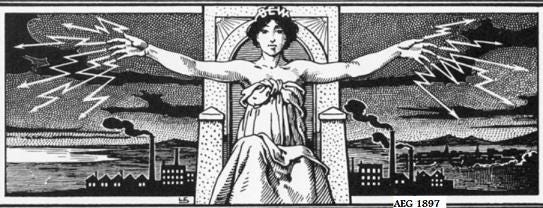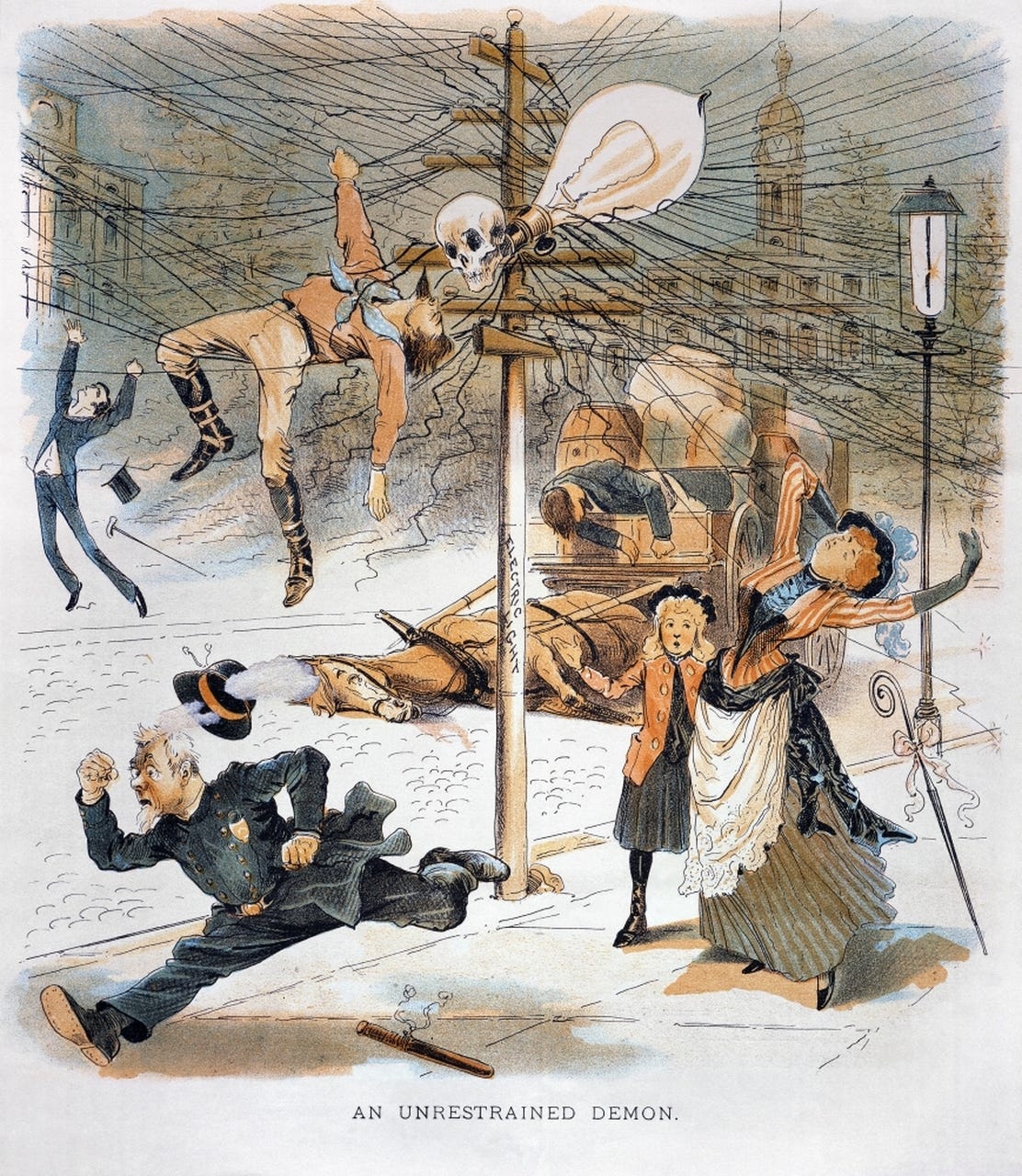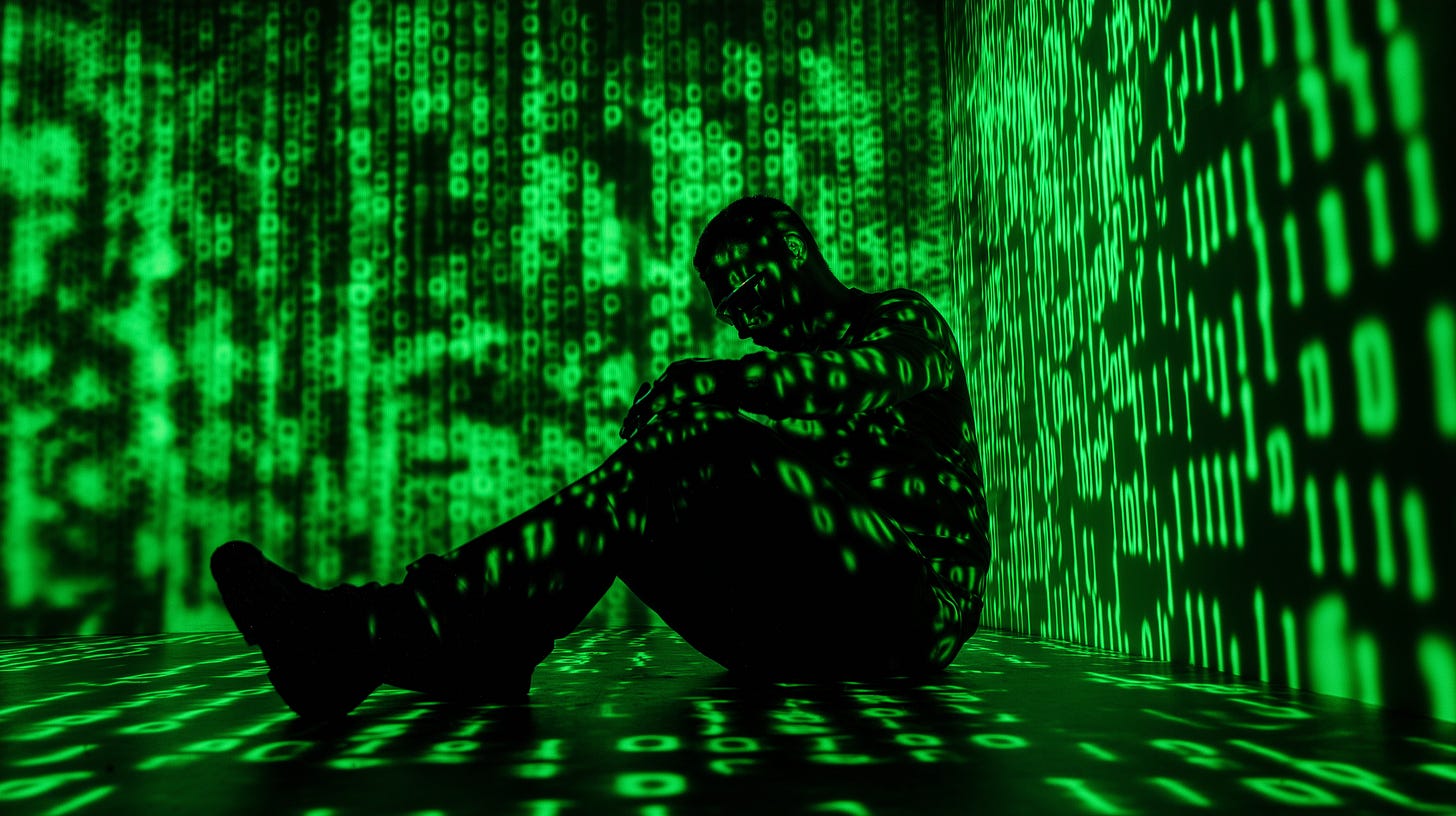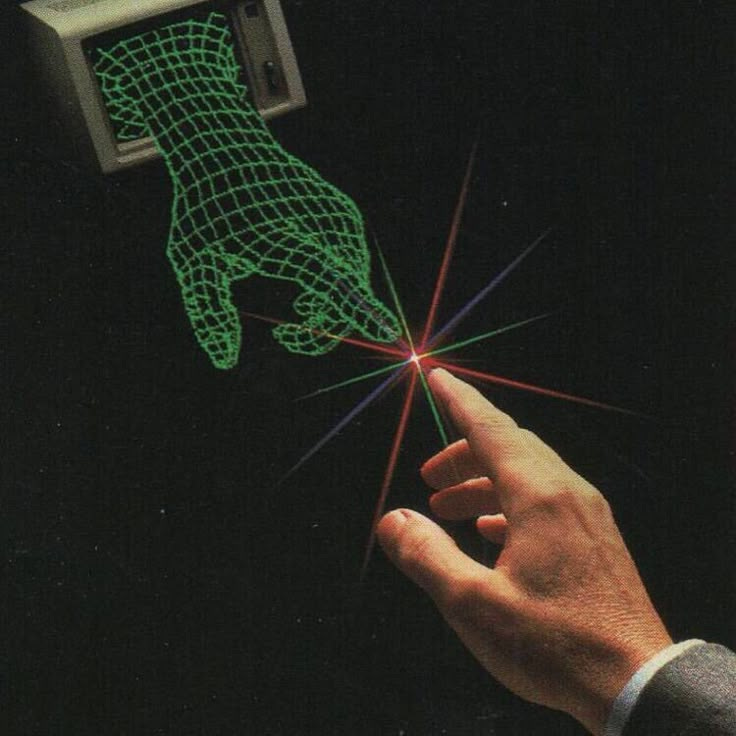At the dawn of the 20th century, the introduction of electricity evoked a profound psychological duality. On one hand, it inspired a sense of the "technological sublime"—an awe at its immense power, its seemingly limitless potential to illuminate darkness, power industry, and drive progress.
On the other hand, it conjured the "technological uncanny"—a deep-seated unease and fear stemming from its mysterious, intangible nature and its perceived potential for uncontrollable, destructive power.
Many people spoke of electricity as if it were "the new salvation of mankind" and also warned of the potential downfall of civilization.
There was a strong belief in the utopian potential that electricity had to "eliminate human toil and create abundance for all".
This sentiment resonated with a broader current of technological utopianism prevalent in the 19th and early 20th centuries, which viewed science and technology, with electricity as a prime example, as key drivers of social progress and human betterment.
With the harnessing of electricity, we had finally stepped forth from the shadows—our mastery of artificial light not merely banishing the night’s veil but heralding a new era where darkness itself yields to our will.
At the same time, during the 19th century, electricity became culturally associated with mortality and malevolent, unseen powers. Mary Shelley's "Frankenstein" (1818) is arguably the most prominent example of this concept entering the public consciousness, as an electrical shock from lightning is the catalyst for the monster's animation.
By the late 19th and early 20th centuries, this belief in the evil and danger of electricity was still widely prevalent.
“An Unrestrained Demon” – Artist Unknown. Judge, vol.17, no.419 (26 October 1889)
The Price of Illumination: A World Disenchanted
Despite these fears, electricity went on to become the catalyst for the rapid technological progress that occurred in the 20th century.
The 20th century will be remembered as the century that illuminated humanity, allowing us to pierce the veil of reality, and bringing us closer to the level of the "gods".
Yet, as we pierced the veil of darkness, we began weaving another. The triumph of electricity was not just technological; it was philosophical. By taming a force as mythic as lightning, we reinforced a worldview where every mystery could be solved, measured, and controlled. This is the very root of the “disenchantment” that author Richard Tarnas describes. The world was gradually recast from a living cosmos, imbued with sacred meaning, into a mechanistic resource.
The manufactured glow that dims the stars in and around every major city is the perfect symbol of this trade-off: in our quest for illumination, we lost sight of the heavens.
The stories and symbols that once gave our lives depth and meaning have been supplanted by stark facts and numbers. Dreams are dismissed as mere neural firings during sleep, and love is reduced to a series of chemical reactions in the brain. Every mystery is dissected through the lens of logic and reason, leaving little room for wonder.
Anything that hints at the spiritual or the unknown is relegated to the domain of imagination or dismissed as fantasy, stripping away the rich tapestry of meaning that once connected us to the world beyond ourselves.
As the world loses its spiritual resonance, it becomes a neutral, mechanistic backdrop, disconnected from a deeper purpose and mystery.
This process of disenchantment doesn’t just change how we see the world—it reshapes our very sense of self. With the sacred removed, our connection to something larger than ourselves frays, leaving many adrift in a landscape of facts and functions but starved for meaning. The cosmos, once alive with significance and stories, now feels silent and indifferent.
It seems here in the 21st century, the shadows cast by the triumphs of the 20th century are revealed: a growing spiritual malaise, a pervasive sense of rootlessness, anxiety, and yearning for a meaning long obscured.
The more we “progress,” the deeper our sense of disconnection grows.
Electricity was the great catalyst of the 20th century, expanding the world’s possibilities, and enabling unprecedented advancement. Yet, collectively, we seem to be treading a path that could lead to our undoing. Blinded by the “light” of progress, we fail to recognize the potential consequences of our material worship.
Our Next Great Catalyst
Ironically, at this very moment when the veil over society is greatest, we are forging the next catalyst for humanity’s evolution: artificial intelligence.
Society today mirrors the mix of hope and apprehension that greeted electricity a century ago.
On one side are utopian visions, ranging from a future free from meaningless toil to the more fervent, transhumanist belief that AI will act as humanity’s savior. On the other, warnings ring out about an economic apocalypse—a world where AI displaces vast swaths of work, leaving many without purpose or livelihood.
This duality of promise and peril defines our current moment, echoing the excitement and anxiety that once surrounded the dawn of electrical power.
From the comfort of the 21st century, we can look back objectively at the 20th century and assess the true impact of those early technological breakthroughs. The utopian promise of electricity didn’t fully materialize as early optimists had hoped, nor did the fears that it would bring about society’s downfall come to pass.
Instead, like most things, its impact fell somewhere in between.
Perhaps in the 22nd century, we will observe the same about AI.
Utopia and dystopia are not landscapes we discover, but something we consciously cultivate. The question, then, is not what artificial intelligence will do to us, but who we will decide to become in its presence.
Will we let it become the monster we fear it may end up as? Or will we harness its potential to awaken new forms of creativity, empathy, and understanding—transforming it into a force that elevates rather than diminishes our humanity?
Disenchantment, paradoxically, may very well furnish the stage upon which re-enchantment may occur.








